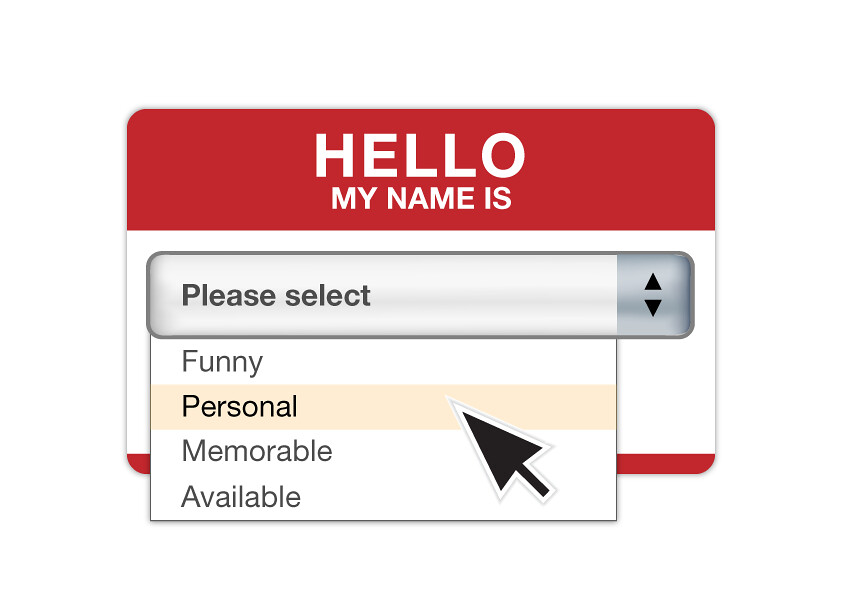I could tell you that the parched ground was swept clean of leafy hues under the enkindled sunlight. But it would be a lot simpler if I simply said there was no visible green on the desert ground under the burning sun. Wouldn't it? Here's my point: there are at least 15 different ways to say green. But why not just use the word green?
She Fell in Love with a Thesaurus
The messages that writers get are confusing. We're told that our words need to be descriptive and compelling. That our stories must captivate and entertain, evoke emotions and leave a deep impact. It's easy to read into the advice, and assume that it's always better to choose more complicated words. Why say that Jerry laughed, when you can say he chortled? I'm actually about to tell you why, and it comes down to this basic advice: when it's green, just say green.






























